Rosa Figueroa

Rosa Figueroa with wood-carving of G. catenatum
Rosa Isabel FIGUEROA was given the ISSHA Young Scientist Award for her contribution to advance knowledge on the life history of dinoflagellates. Rosa's thesis (2001-2005) was on “The significance of sexuality and cyst formation in the life-cycle of four marine dinoflagellate species”. Disentangling the different routes of the sexual cycle of Gymnodinium catenatum, a species with a very complex life history, tested her from the very beginning. Nevertheless, working in a field with many knowledge gaps encouraged and challenged her scientific skills. Her three publications on this species reveal the limited knowledge we still have of microalgal life strategies and evolution. Many more studies followed on the life cycles of Lingulodinium polyedrum, Gymnodinum nolleri, Alexandrium catenella, A. minutum, A. tamutum, A. taylori, A. peruvianum, Kryptoperidinium foliaceum....The common question posed in these studies was if transitions in the life cycle are reversible and if so, what factors control them. It was demonstrated that depending on nutrient availability, the sexual phases would either undergo encystment or would divide and return to the vegetative phase. This is a very important fact that opens new possibilities for processes and routes that each species modulates according to its strategic ecology. Rosa was enthralled by the fascinating world of dinoflagellates. She has made a substantial contribution to our knowledge of the behaviour of these microorganisms during her early career. Rosa’s personality radiates tranquility and determination. These features have enabled her to use meticulous technique, and are combined with an eager but well organized mind, always in search of innovations and challenges. The results are visible. She has not limited herself to the characteristics of microalgal sexual cycles, but has also explored genetics and innovative experimental designs. In search of new worlds and new challenges, Rosa moved from the Instituto Español de Oceanografía (IEO) in Vigo, her home town, to the Instituto de Ciencias del Mar (CSIC) in Barcelona, and later on to Lund University,Sweden, where she works now.
By Isabel Bravo and Esther Garcés

